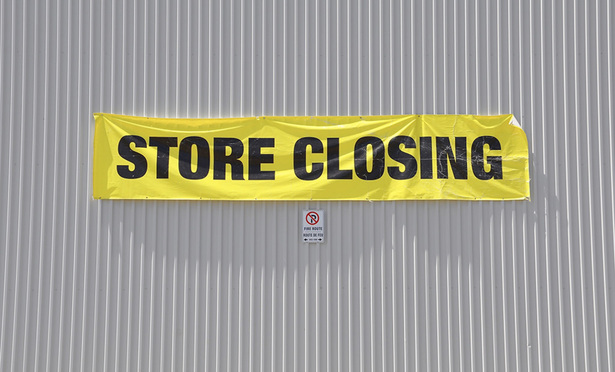 In the era of the retail apocalypse—where name-brand retailers are closing all or large portions of their stores—the successful going-concern sale of mall-based retailer Things Remembered stands as a testament to the benefits of the Chapter 11 process and the commercial and practical approach that must be utilized in large retail Chapter 11 cases. In the face of increasing pressure from online retailers, and declining foot-traffic in malls and other brick-and-mortar locations, distressed retailers like Things Remembered need to act expeditiously to execute going-concern transactions if they are going to survive the market disruption.
In the era of the retail apocalypse—where name-brand retailers are closing all or large portions of their stores—the successful going-concern sale of mall-based retailer Things Remembered stands as a testament to the benefits of the Chapter 11 process and the commercial and practical approach that must be utilized in large retail Chapter 11 cases. In the face of increasing pressure from online retailers, and declining foot-traffic in malls and other brick-and-mortar locations, distressed retailers like Things Remembered need to act expeditiously to execute going-concern transactions if they are going to survive the market disruption.
In the Things Remembered case, the Bankruptcy Court for the District of Delaware, with Judge Kevin Gross presiding, recognized the business rationale for the company’s expedited timeline. At the company’s request, the court appointed a consumer privacy ombudsman on the first day of the case, and subsequently on shortened notice approved a process that paved the way for a sale in 30 days. Without this expedited timeline—and the cooperative and constructive approach taken by the company’s lenders, the official creditors’ committee, the U.S. Trustee, landlords, and other parties in interest—Things Remembered would likely have liquidated. And with it, thousands of employees would be without jobs and yet another retailer would fall victim to the times. This case demonstrates that going-concern retail sales are possible to save businesses, even in the current retail climate, if debtors can articulate a sufficient business need for speed.






